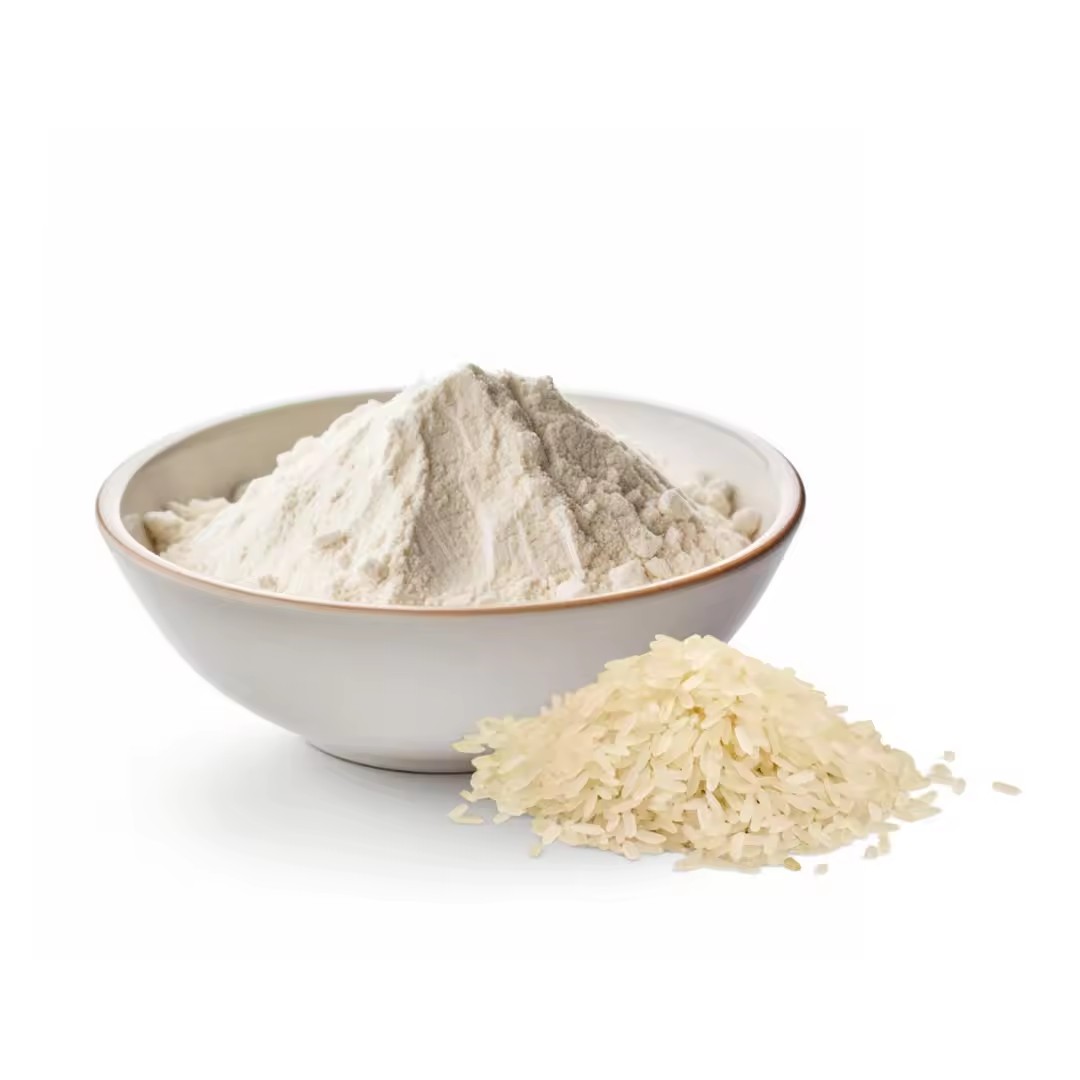-
Make a Call : +86 551 63500087
-
Get A Estimate : sales@gnfchem.com
What Are You Looking For?
What Are You Looking For?
Make a Call : +86 551 63500087
Get A Estimate : sales@gnfchem.com

Health Benefits of Soy Protein
Jun 11, 2025Effects on body functions and tissue repair
Restoration of body functions: For people whose body functions have declined due to excessive physical exertion or irregular diet, the plant protein in soy protein can be broken down into a variety of amino acids, which can directly participate in the vital activities of muscles, blood, skin and other organs, and quickly repair damaged tissue cells.
Promote wound healing: for people recovering from surgery, consuming soy protein can accelerate wound healing and promote physical recovery. Because of its rich protein content, it can play a role in repairing and accelerating the healing of wounds in human tissues.
Effects on the immune system
soy protein can promote the regeneration of immune cells and increase immune cell activity, thereby enhancing the body's metabolism and improving the body's ability to fight disease. When the body's immune function declines and the body's ability to fight diseases is weakened, timely use of soy protein powder can effectively improve the situation.
Benefits to the cardiovascular system
Lower cholesterol: The plant sterols in soy protein can lower the level of LDL and total cholesterol in the blood, and its content can lower cholesterol and prevent cardiovascular disease, thus reducing the risk of cardiovascular disease.
Improve blood pressure: Some amino acid components in soy protein help lower blood pressure, which is beneficial to cardiovascular health.
Anti-atherosclerosis: Some antioxidant substances in soy protein can inhibit the occurrence and development of atherosclerosis.
Help for Special Populations
Kidney disease and diabetic patients: Soy protein can replace animal protein to meet the body's demand for protein, and at the same time reduce the burden on the kidneys, protect the kidneys, and prevent renal hypoplasia, making it an ideal health food for kidney disease patients and diabetic patients. In addition, the oligosaccharide component of soy protein can improve the intestinal microflora, which helps to smooth the blood sugar level; some of its components can improve insulin sensitivity, reduce insulin resistance, alleviate diabetic complications, and reduce the risk of diabetes-induced cardiovascular disease, renal disease and other complications with long-term consumption.
Obese people: soy protein can regulate fat metabolism, reduce the accumulation of fat in the body, and reduce the risk of obesity-related diseases (such as cardiovascular disease, diabetes, etc.). Moreover, its slower digestion and absorption can enhance satiety and help control dietary intake and body weight.
Other aspects
Soy protein is rich in dietary fiber, which helps promote intestinal peristalsis and prevent constipation and intestinal diseases. Meanwhile, the isoflavonoids in soy protein have anti-cancer properties and may be effective in preventing certain cancers.

Hi! Click one of our members below to chat on